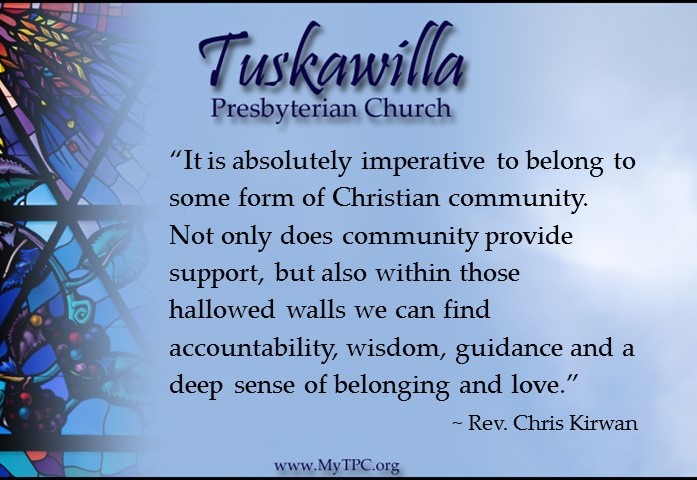 Have you ever been in a situation where you feel you didn’t belong?
Have you ever been in a situation where you feel you didn’t belong?
We’ve all had moments when we felt completely out of place. We’ve all been in a crowd of people that believed someone else should not be there. I wonder if the Israelites felt this way about Jesus Christ too.
On a personal level (and as a pastor), I tell you there is nothing more frightening than someone that will not heed your advice or, at the very least be willing to sit down and talk with you about a problem or a solution to a problem. This is how the Israelite leaders felt when it came to Jesus Christ. They wanted to control Him, they wanted their agendas met, they wanted to retain their power and authority; and they wanted their true king, who had finally arrived to forcefully take the throne and rule over all of Jerusalem. Only, Christ was not at all what they were expecting, nor maybe even wanting.
Sometimes people are like that when it comes to God. We want God to do what we feel God should be doing. We want God to meet our criteria, our checklist, our agenda, and have everything marked off that we feel God should or could be doing. Our self-intrinsic reasoning can drastically alter how we view God and what we think God is and should be doing for us.
That’s why it is absolutely imperative to belong to some form of Christian community. Not only does community provide support, but also within those hallowed walls we can find accountability, wisdom, guidance and a deep sense of belonging and love.
Communities with a central purpose or goal, a common theme or a shared interest are often the strongest. For example, the Boy Scouts are a wonderful group and community that finds strength in numbers, and the unity they strive for in teaching young men and boys responsibility helps them form a special bond in making the world a better place. Even the various groups around the church from the Sunday School groups to the choir, to the preschool ministry and staff, all have their own pockets of community, comprising greater church community, which to me is wonderful.
Sometimes our tight-knit communities can feel like delicate ecological systems that need to remain in perfect balance. Frequently, that means that it’s harder for outsiders to find their way inside. We don’t want anyone coming in and disturbing that balance or upsetting the good thing we have going on here. Any possible newcomer is a potential wrench thrown into our communities from which we draw so much richness. Yet, in Luke 4:21-30, Christ was trying to teach the Israelites—and us—how we need to live in community.
It seems as if Christ was telling the crowd that day that: “Hey, you guys need to come together. You need to put aside the differences that have dragged you down in the past. You need to look toward a new future. A new future that includes others you might not always hold in the highest of esteem. You need to know that they also are my children and you need to include them in your community. Stop building up walls and barriers, instead set out welcome mats and build tables and chairs, with plenty of room for others to join in the fun and love you have with and towards one another.”
Those are the earmarks of a healthy and wonderful community—one that is hospitable and welcoming, one that is affirming and also holds others accountable, one that offers words of support and words of conviction and expectation. God is inviting all of us to participate in this very type of community.
